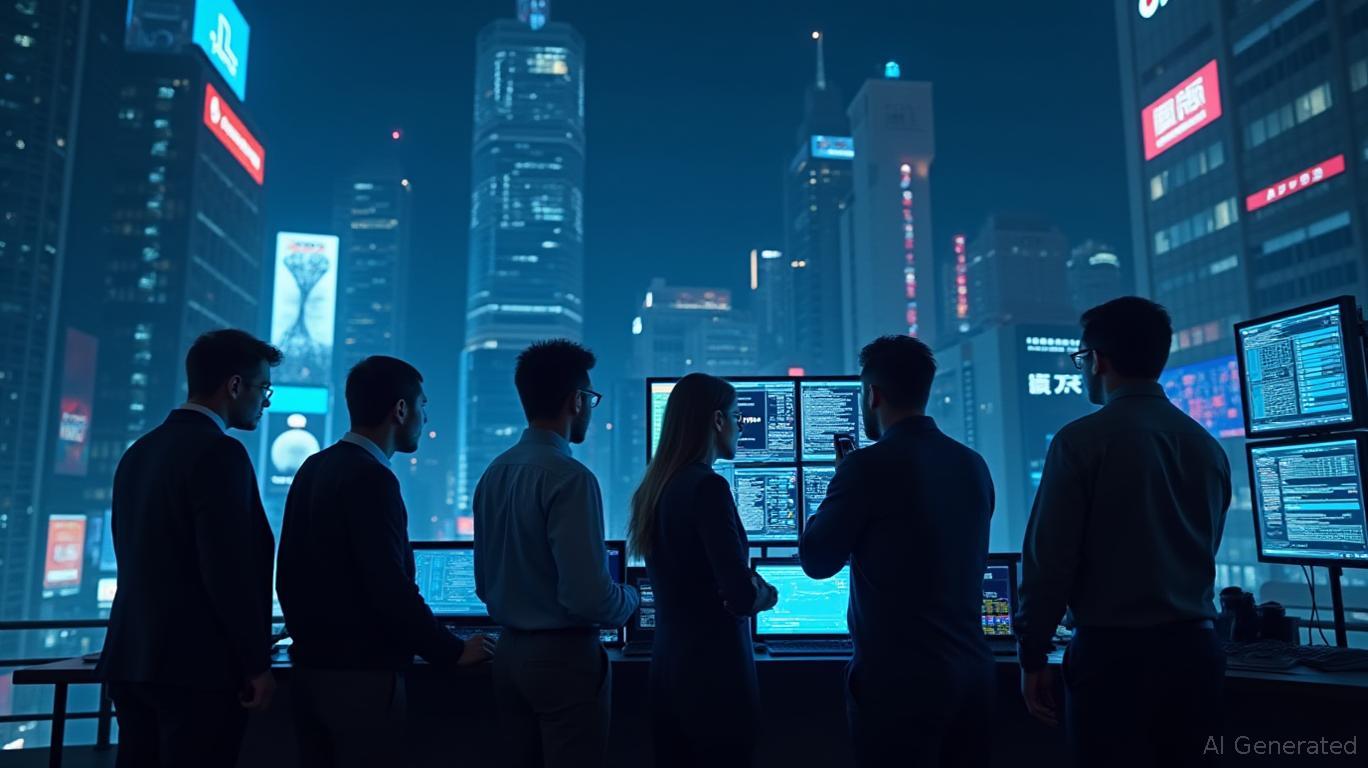Hyperliquid News Today: DeFi Bets $1 Billion—Will New Ideas Withstand Cyber Risks and Regulatory Pressure?
The DeFi and NFT sectors are experiencing major changes as platforms such as Hyperliquid and OpenSea announce bold growth strategies, and new financial frameworks and geopolitical risks reshape the digital asset environment. Hyperliquid, a prominent player in decentralized perpetual trading, plans to invest $1 billion to drive its upcoming expansion, aiming to bring together spot trading, smart contract functionality, and NFT features within a single system, as reported by
At the same time, NFT trading platforms are adjusting their approaches in response to evolving market trends. OpenSea, the leading NFT marketplace, revealed plans to launch its SEA token in the first quarter of 2026, with half of the initial proceeds set aside for buybacks, according to

Geopolitical threats are intensifying, particularly as North Korea increases its cyber thefts. The country reportedly stole $1.65 billion in crypto assets between January and September 2025, including a $1.4 billion hack at Bybit, with the stolen money directly supporting weapons programs, according to a
Despite these obstacles, innovation in tokenized infrastructure is accelerating. USD.AI, a DeFi platform, is connecting crypto investors to real-world Nvidia AI GPUs. By turning GPUs into NFTs and providing yields of 13-17% from rental income, the platform seeks to make AI computing resources more accessible, as detailed by
This reflects a broader movement toward using NFT ownership for governance and financial rewards, a tactic increasingly embraced by DeFi initiatives to align community interests.
As the digital asset space matures, participants must weigh the benefits of innovation against the need for security. North Korea’s cyber activities and the instability of AI-powered financial models highlight the importance of strong regulations and cooperation across industries. For now, platforms like Hyperliquid and USD.AI are pushing the limits of decentralized finance, as the market prepares for a period of heightened complexity.